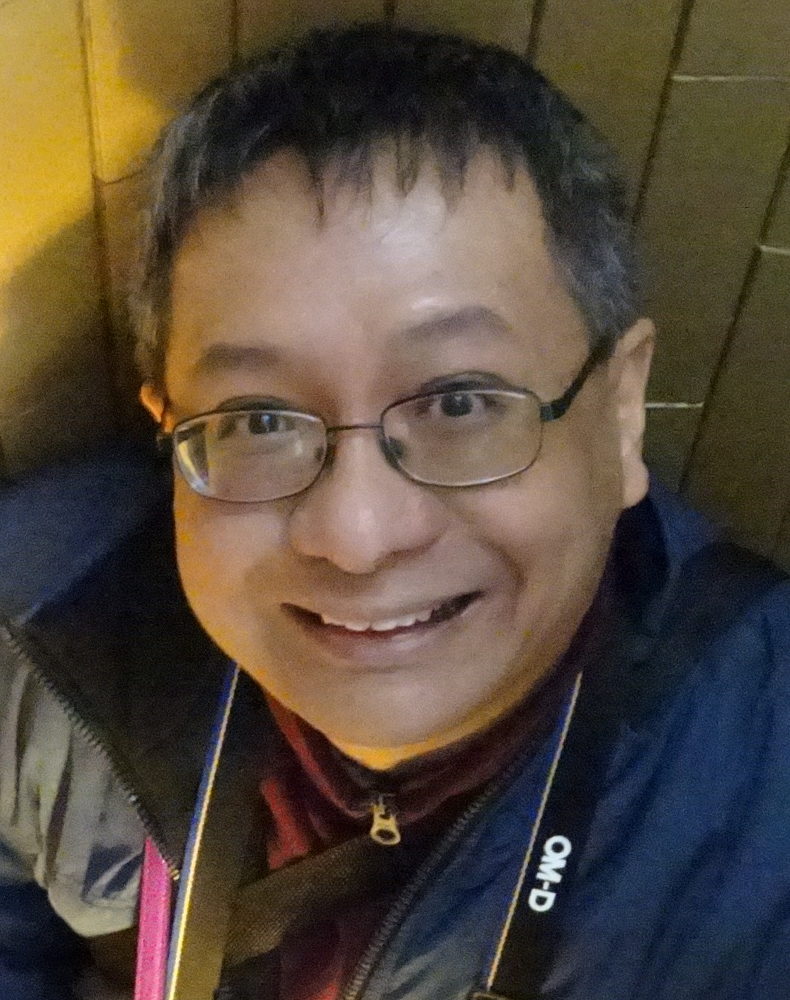
Dr. James Chow
Princess Margaret Cancer Centre / University of TorontoCourriel : james.chow@rmp.uhn.ca
Site web de conférencier : www.radonc.utoronto.ca/content/james-chow
 |
Dr. James ChowPrincess Margaret Cancer Centre / University of TorontoCourriel : james.chow@rmp.uhn.ca Site web de conférencier : www.radonc.utoronto.ca/content/james-chow |
Monte Carlo (MC) simulation and Artificial Intelligence (AI) are both popular computational methods based on random sampling and machine learning in Medical Physics. MC simulation is a mathematical method relying on random sampling to predict a numerical result, while AI is human intelligence demonstrated by a machine. The intelligence includes visual perception, speech recognition, prediction and decision making. The accuracy of MC simulation and AI depends on the number of MC experiments, quality and quantity of data used in machine training. In cancer therapy, MC and AI method can be applied in radiotherapy and medical imaging such as kilovoltage cone beam computed tomography, to treat cancer more effectively. In this lecture, we will first go through some common usages of MC simulation and AI in everyday life. After a brief introduction to basic principles, we will focus on their various applications in Medical Physics. For MC simulation, we will explore its applications in modeling the patient waiting time in a clinic to achieve a better wait time management strategy; simulating internal organ motion during radiotherapy to improve dose delivery accuracy; medical imaging to calculate the imaging dose for patient radiation safety; calculating dose for radiation treatment planning; and commissioning treatment machine more efficiently. We will also look at some recent MC works on nanoparticle-enhanced radiotherapy such as predicting the dose and image contrast enhancement, when adding gold nanoparticles to the tumour. For AI, we will explore its applications in radiation treatment planning to predict the dose distribution, treatment plan QA such as predicting the dose-volume histogram, and radiotherapy knowledge transfer using AI-assisted Chatbot in radiation safety training. In this lecture, typical works related to the area will be used as illustrations.
James Chow is a board certified medical physicist at Princess Margaret Cancer Centre and an Associate Professor at the Department of Radiation Oncology in University of Toronto. He is also the clinician investigator and affirmed scientist of the TECHNA Institute in University Health Network. James is a Fellow of the Canadian College of Physicists in Medicine and Institute of Physics, UK. He is also a Chartered Physicist in the Institute of Physics, UK; Chartered Scientist in the Science Council, UK and Professional Physicist in the Canadian Association of Physicists, Canada. He taught in the University of Waterloo and Ryerson University, and has been teaching Radiation Physics course for undergraduate students in the Michener Institute/University of Toronto for more than 13 years. His research interests include radiation macro- and nanodosimetry, nanoparticle-enhanced radiotherapy, Monte Carlo simulation, radiobiological modeling, high-performance computing and machine learning/artificial intelligence. Using the SciNet high-performance computing facility at University of Toronto, James conducts various computer simulation projects to study nanoparticle dosimetry and DNA damage due to radiation. He also carries out studies on radiotherapy knowledge transfer using AI-assisted chatbot under the Canadian Institutes of Health Research grant. His publications include over 165 research papers and 10 book chapters, and he has also delivered over 180 presentations in national and international conferences. James is a reviewer of over 750 research papers for various international peer-reviewed journals and has received a number of outstanding reviewer awards from journals such as Physics in Medicine and Biology and Medical Physics. James is a member of the Professional Certification Committee of the Canadian Association of Physicists, and a member of the Professional Standard Committee in the Institute of Physics, UK. He is also Editors of journals such as Biomedical Physics & Engineering Express, IOP SciNotes and Practical Radiation Oncology.